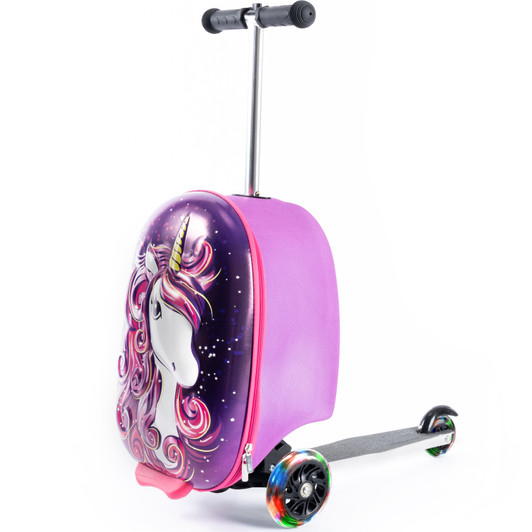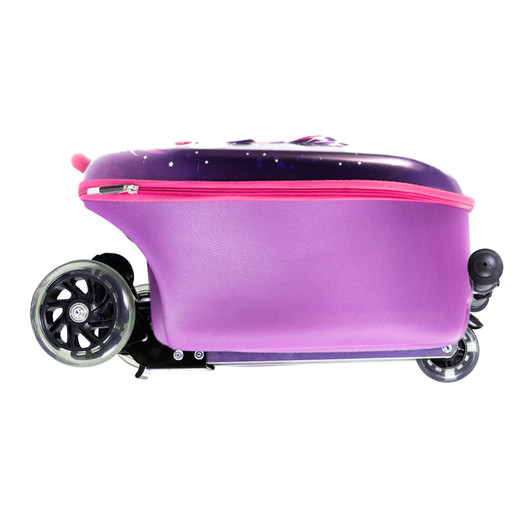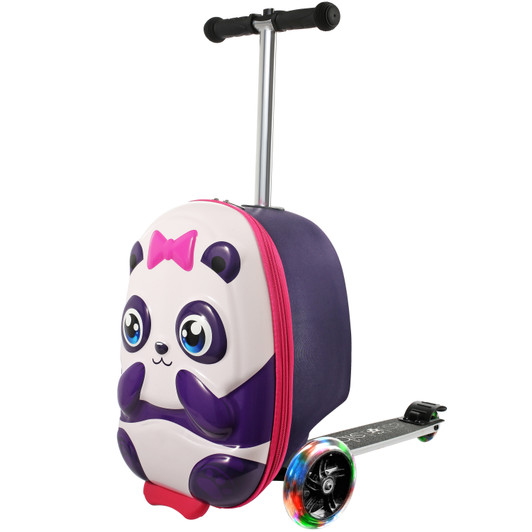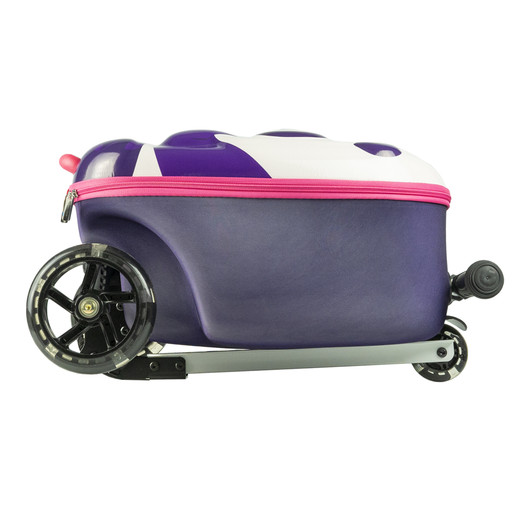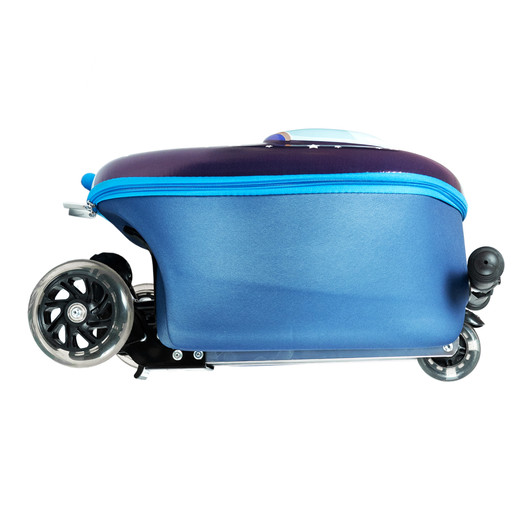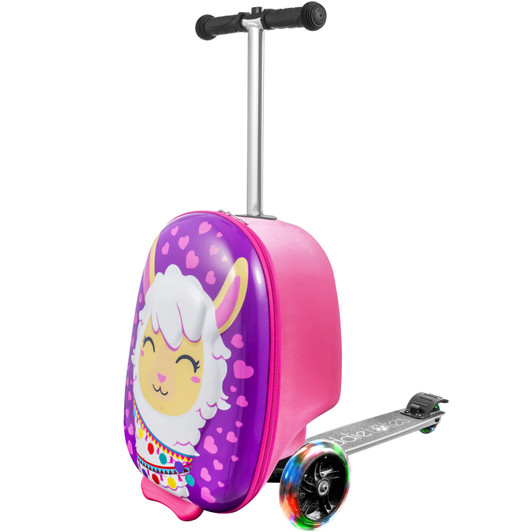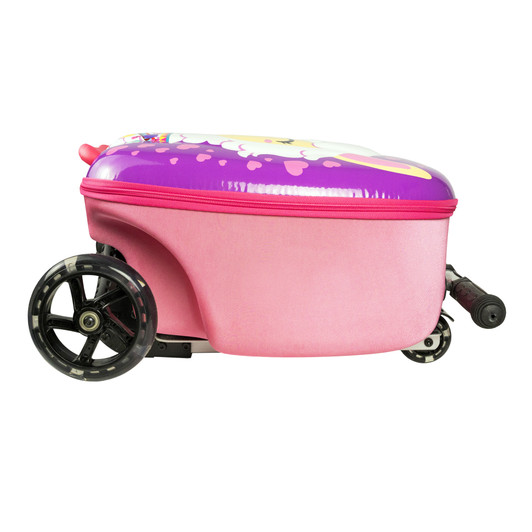Food Allergies on the Go: How to Handle Them While Traveling with Kids
Posted by Alexander C. on 28th Apr 2023
Safe at home, food allergies are a major concern and factor into every part of meal planning and eating out at restaurants. Out on vacation without the amenities of home, food allergies become a much more daunting fear with serious health implications. It’s still possible to manage allergens while on the go and ensure an enjoyable experience for everyone, just take the time to prep and plan ahead.
Here are some tips for handling food allergies while traveling with kids:
Consider the severity of the allergic response:
Does you child have a severe reaction to this allergen, or is it a mild discomfort? Are they going to have a little tummy ache if there’s some citrus in the food, or will it be an all-hands-on-deck emergency? While you can always hope everything goes according to plan, having preparations for the worst case scenario is an important part of risk-mitigation. Have necessary treatments available, like an Epi-Pen, and know in advance how to close and how you will get to a hospital if needs arise.
Research the destination:
Before you go, do some research on the local cuisine and see if it’s even possible to eat. Headed to Hawaii and have a child allergic to pineapple? They may be stuck eating chicken nuggets for every meal. Allergic to peanuts and going to Thailand? They might not be able to walk through the markets. Depending on how obscure the allergy is and how frequent of an ingredient that is, it’s possible that it’s just too risky to travel to this destination.
Pack allergy-friendly snacks:
No matter where you go or what you’re allergic to, having snacks on hand that you can reliably eat without issue is important, as you don’t know what will be available once you arrive. The safe and easy snack that you rely on for your child may be completely out of stock or unavailable for one reason or another, and now you’ll have to research safe options on the fly.
Communicate with restaurants and hotels:
At home or on vacation, restaurants should be able to communicate what allergens are in their recipes. Ask the waiter, cashier, or speak to a manager to have the utmost confidence that some item on the menu doesn’t have this allergen. If your child is allergic to something more common and is extremely sensitive to its presence, it might not be possible for them to guarantee that the kitchen is completely free of it. In any case, Staff should be able to point you in the right direction and a phone call ahead of time can let you know even sooner.
Learn the local language:
Even if it’s not a full understanding of how to speak the language, knowing how to communicate with local people is important. Have key phrases at the ready that you can speak, write down, or show them on your phone to let them know about your child’s allergy. There are apps you can use to live-translate a conversation, but the quality of translation may vary. If you are friends with someone that speaks the language, have them proofread your phrases to make sure you’re saying “peanuts are deadly to him” and not “he killed the peanuts”
Traveling with a child who has food allergies can be challenging, but with proper preparation and planning, it is possible to manage the risks and ensure a safe and enjoyable trip. Play it safe and take your child somewhere you can confidently keep them away from allergens, and as they grow and their allergic reactions become familiar, then you can venture further out into the world with safety.




